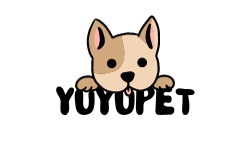Choosing the right cat litter for your feline friend can feel like a daunting task. With so many options on the market, it’s easy to get overwhelmed. But don’t worry—we’ve got you covered. In this comprehensive guide, we’ll break down the most popular types of cat litter, their pros and cons, and which situations each type is best suited for. Whether you’re a first-time cat owner or a seasoned pro, this guide will help you make an informed decision.
Clay Cat Litter
Non-Clumping Clay Litter
Non-clumping clay litter is one of the oldest and most commonly used types of cat litter. It absorbs liquid but doesn’t form clumps, meaning you’ll need to change the litter more frequently.
Pros of Non-Clumping Clay Litter:
- Affordable
- Readily available
- Less scooping
Cons of Non-Clumping Clay Litter:
- Dusty
- Easily tracked
- Mediocre odor control
- Heavy
- Not eco-friendly
- Contains carcinogenic silica dust
Clumping Clay Litter
Clumping clay litter, on the other hand, forms clumps when it comes into contact with moisture, making it easier to clean the litter box without having to empty the entire contents.
Pros of Clumping Clay Litter:
- Easier to clean
- Better odor control
- Longer lasting
Cons of Clumping Clay Litter:
- Dusty
- Easily tracked
- Not eco-friendly
- Heavy
- Contains carcinogenic silica dust

Tofu Cat Litter
Tofu cat litter is one of the newest and most innovative types of cat litter on the market. Made from soybean fiber, it is all-natural, biodegradable, non-toxic, and virtually dust-free. It comes in the form of low-tracking pellets that clump well and can be flushed down the toilet.
Pros of Tofu Cat Litter:
- Eco-friendly
- Biodegradable
- Flushable
- Long-lasting
- Dust-free
- Low tracking
- Clumping
- Non-toxic
- Lightweight
Cons of Tofu Cat Litter:
- Higher price
- Vulnerable to spoilage in humid conditions
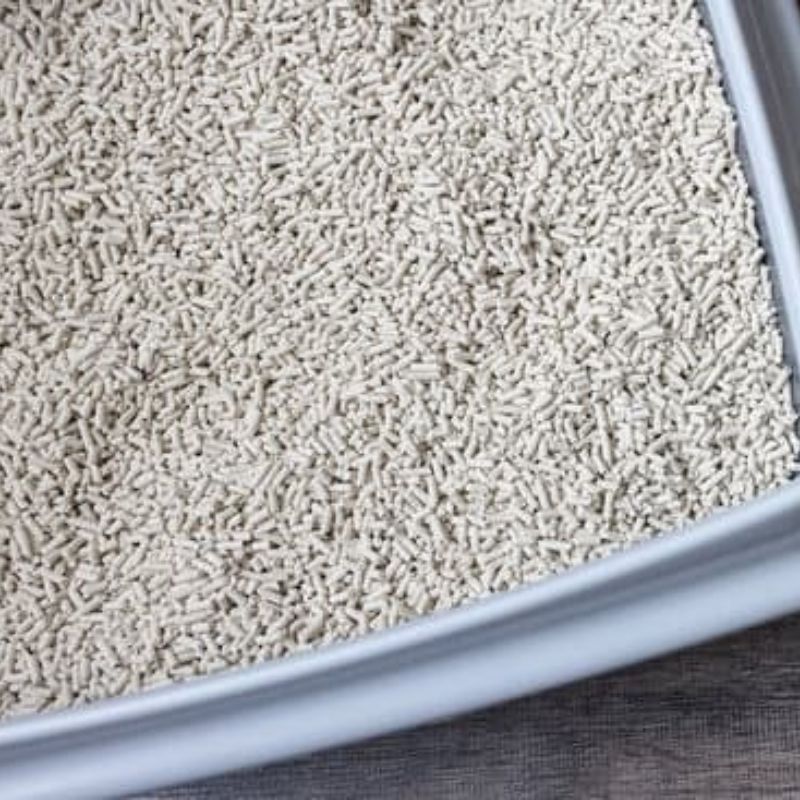
Crystal (Silica Gel) Cat Litter
Crystal cat litter, also known as silica cat litter, is made from quartz sand and is highly absorbent. It can absorb liquid waste for up to a month and is known for its low dust and lightweight properties.
Pros of Crystal Cat Litter:
- Low dust
- Lightweight
- Great odor control
- Hygienic (less chance of mold and bacteria growth)
- Low maintenance
- Non-toxic
Cons of Crystal Cat Litter:
- Easily tracked
- Uncomfortable texture for sensitive paws
- Non-clumping requires daily stirring
- Not eco-friendly (mined)
- Expensive
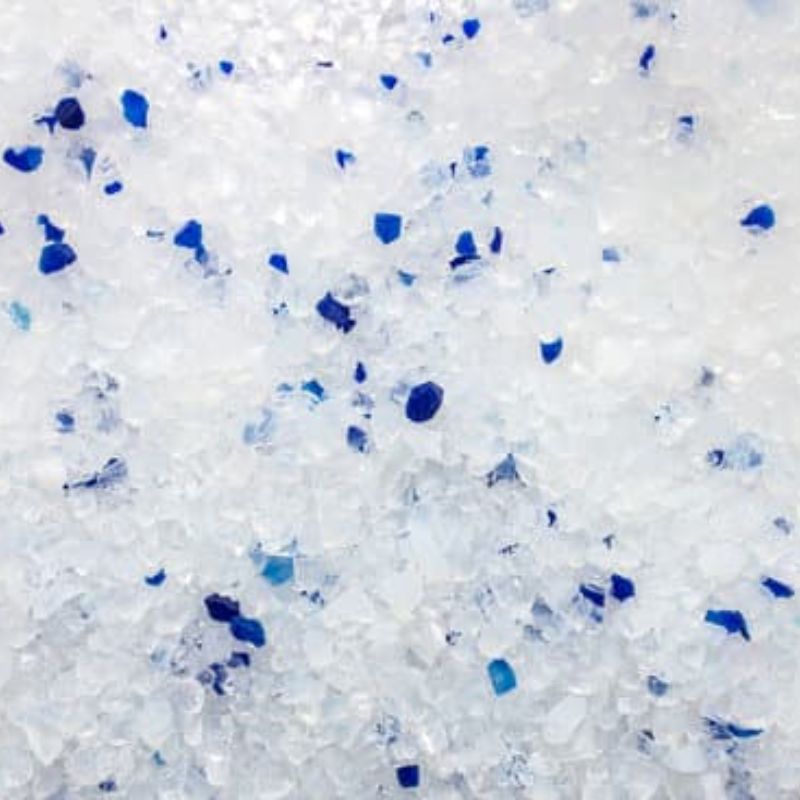
Paper Pellet Cat Litter
Paper pellet litter is made from recycled newspapers and sometimes other materials like leaves and sawdust. It’s a popular choice for cat parents who want a natural, budget-friendly alternative to clay litter.
Pros of Paper Pellet Litter:
- Eco-friendly
- Unscented
- Biodegradable
- Low tracking
- Low dust (great for cats with injuries/post-surgery)
- Affordable
- Non-toxic
Cons of Paper Pellet Litter:
- Mediocre odor control
- Large pellets can be uncomfortable
- Non-clumping
- Can be hard to clean
- Requires frequent changing
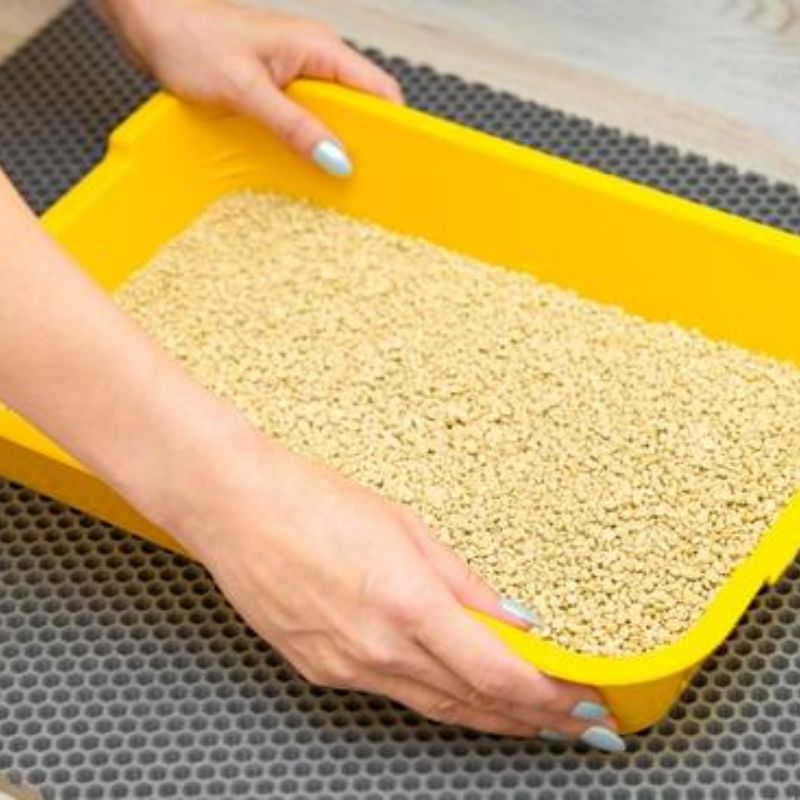
Walnut Cat Litter
Walnut cat litter is made from crushed walnut shells and is a lightweight alternative to clay cat litter. It is biodegradable and non-toxic, with both clumping and non-clumping varieties available.
Pros of Walnut Cat Litter:
- Lightweight
- Clumping and non-clumping varieties available
- Fairly low dust
- Decent odor control
- Eco-friendly
- Biodegradable
- Non-toxic
Cons of Walnut Cat Litter:
- Can track
- Dark color makes it harder to scoop out solids
- Vulnerable to spoilage
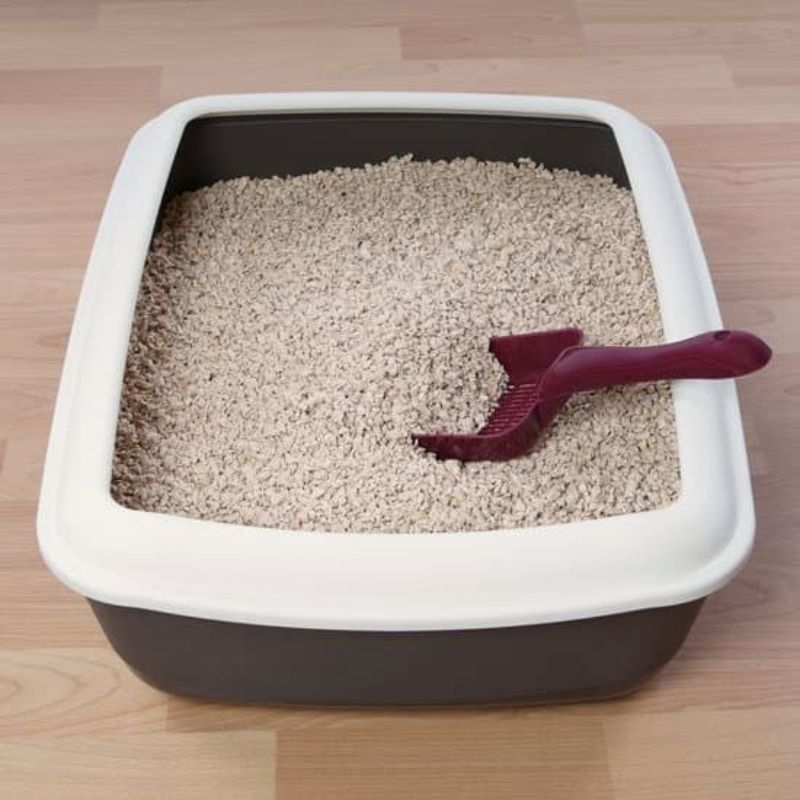
Pine Pellet Cat Litter
Pine pellet cat litter, also known as wood pellet litter, is praised for its natural pine scent and eco-friendly properties. It’s a great option for reducing litter tracking.
Pros of Pine Pellet Cat Litter:
- Good odor control
- Low dust
- Eco-friendly
- Non-toxic
- Very affordable
- Low tracking
Cons of Pine Pellet Cat Litter:
- Uncomfortable texture
- Natural pine scent (some cats and owners might not like it)
- Can be difficult to clean
- Non-clumping
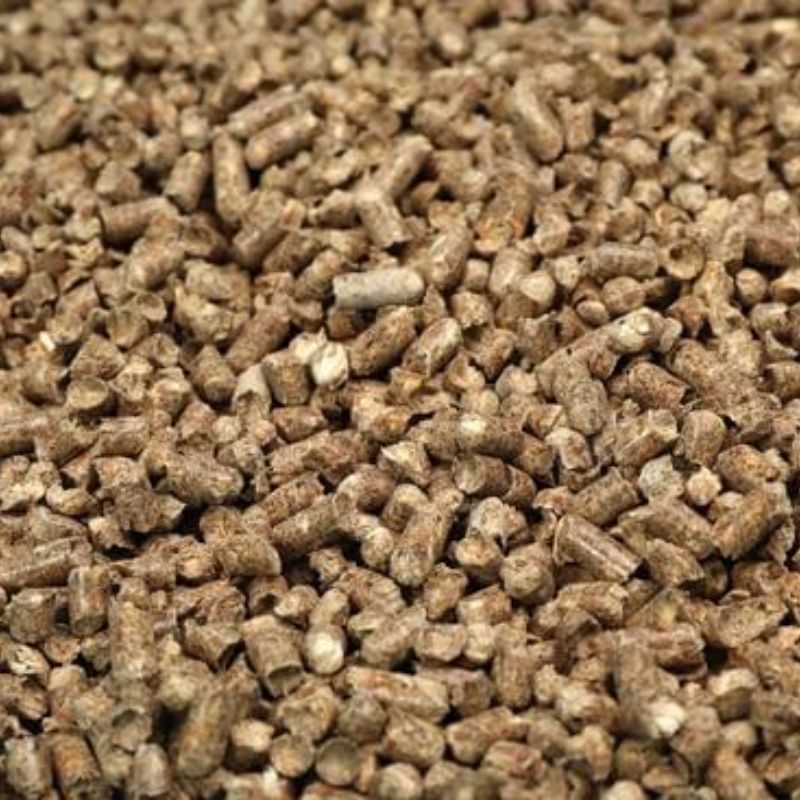
Corn Cat Litter
Corn cat litter is known for its biodegradable and compostable nature. It usually has decent clumping abilities and is often flushable.
Pros of Corn Cat Litter:
- Eco-friendly
- Non-toxic
- Paw-friendly texture
- Biodegradable
- Flushable
- Decent odor control
- Low dust
- Clumping
Cons of Corn Cat Litter:
- Vulnerable to spoilage
- Can be tracked
- Some people don’t like the earthy smell
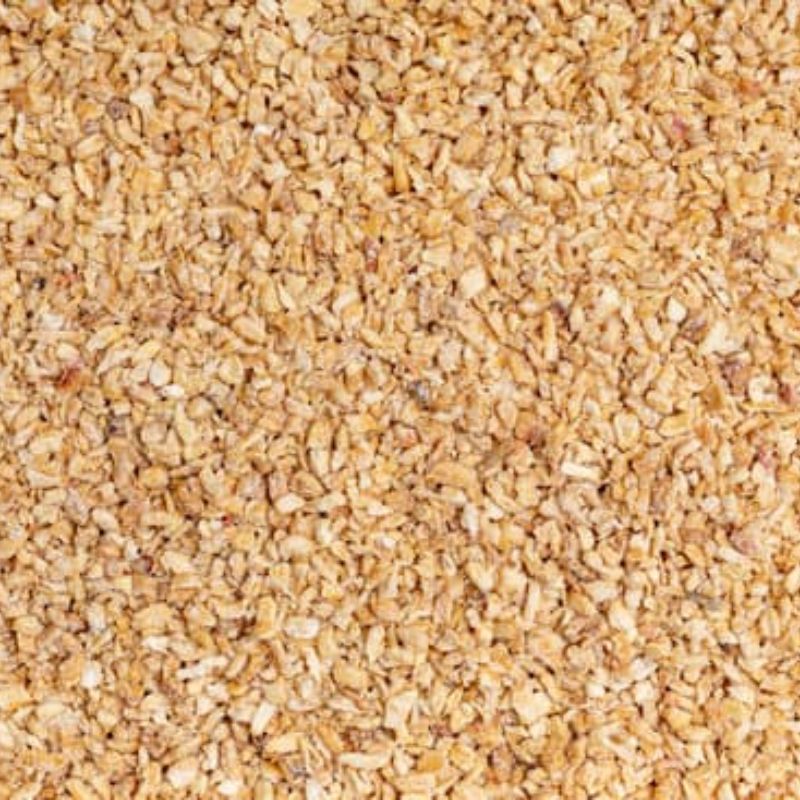
Factors to Consider When Choosing Cat Litter
Safety and Health
Safety should be the number one concern when deciding on cat litter. Some litters contain harmful substances like crystalline silica dust, which is a known carcinogen. Avoiding litters with chemical preservatives and strong perfumes is also crucial for your cat’s health.
Cleanliness (Dust and Tracking)
If you want to keep your home clean and dust-free, look for non-tracking litter. Clumping litters tend to be better for cleanliness. Using a high-sided litter box and a litter mat can further reduce tracking.
Hygiene
Cats prefer a clean litter box. Clumping litters are generally easier to clean, but they need to be scooped regularly. Some litters like silica gel require daily stirring to maintain hygiene.
Clumping vs. Non-Clumping
Clumping litters are popular for their ease of cleaning. However, some can be harmful if ingested. Safer clumping options include walnut and tofu litter, which provide the clumping action without the health risks.
Chemical Additives
Litters with artificial scents or colors might be appealing for their odor control, but they can stress out your cat. Natural alternatives like pine and tofu litters are better for your cat’s well-being.
Odor Control
Cats have a compassionate sense of smell. Choosing a litter with good odor control is essential for both you and your cat’s comfort. Natural litters like pine and tofu offer good odor control without the need for artificial fragrances.
Our Top Pick: Tofu Cat Litter
Our choice for the best cat litter overall is tofu cat litter. It satisfies a variety of needs, including environmental friendliness, low tracking, and being safe for your cat. Tofu cat litter is 100% natural, flushable, clumping, absorbent, non-tracking, lightweight, and dust-free. While it may be more expensive, its superior performance means you use less product over time, making it cost-effective in the long run.
Conclusion
Choosing the right cat litter involves balancing multiple factors like safety, cleanliness, and cost. While every type of cat litter has its pros and cons, tofu cat litter stands out as a versatile and eco-friendly option that ticks all the boxes. Remember, the best litter for your cat will depend on your specific needs and preferences.
